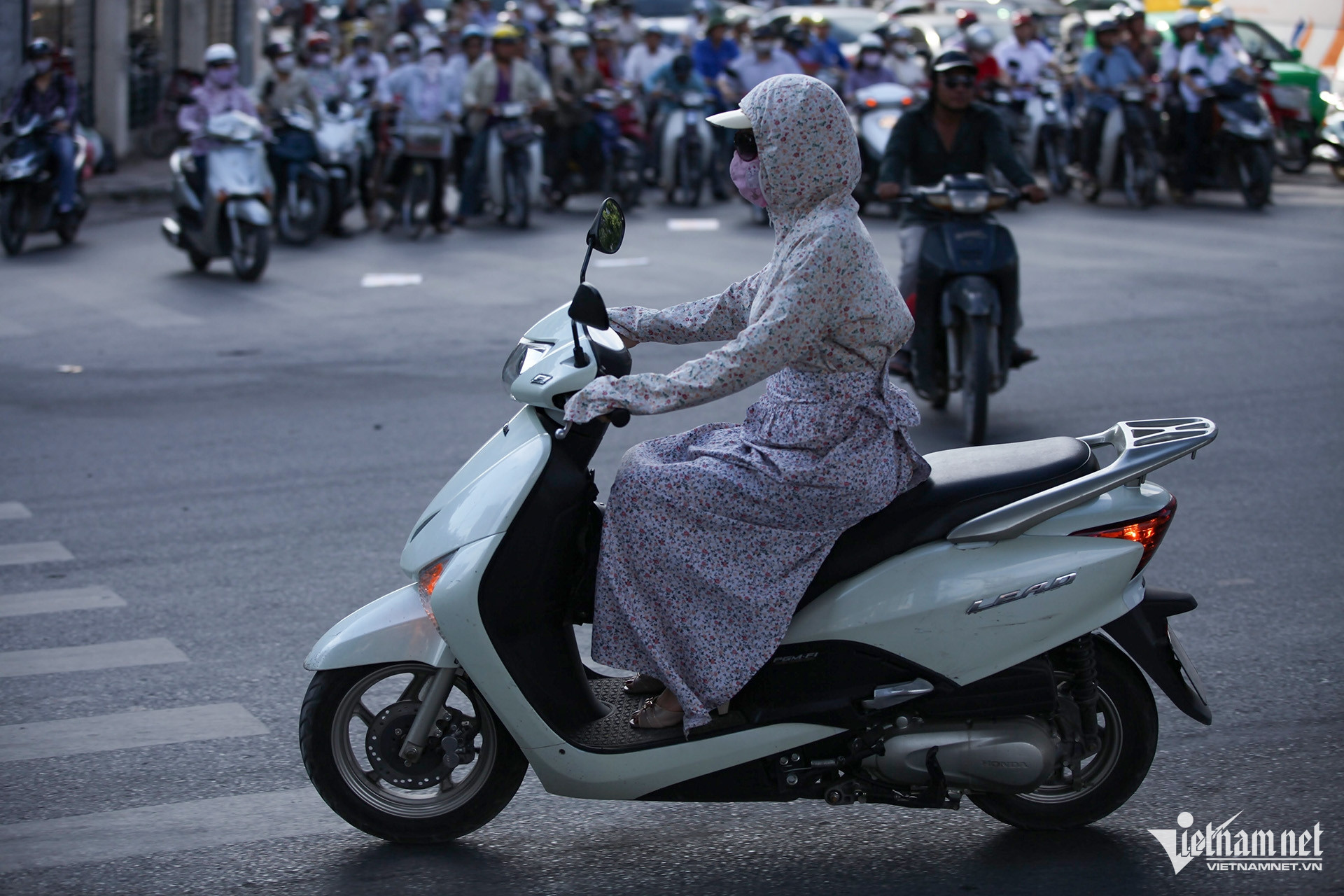As part of urgent measures to tackle environmental pollution, Prime Minister Pham Minh Chinh has assigned Hanoi the critical task of eliminating fossil fuel-powered motorbikes from Ring Road 1 by July 1, 2026. The directive is outlined in Official Directive No. 20/CT-TTg, issued on July 12, 2025.

The directive underscores the Party and State’s consistent commitment to environmental protection as a key pillar of sustainable national development, alongside economic and social growth. Despite strong legal frameworks and regulations, pollution levels in certain areas remain alarming, particularly air pollution in major cities and water pollution in densely populated, industrial, and craft production zones.
Hanoi’s air pollution has, at times, ranked among the worst in the world, while water quality in inner-city rivers has repeatedly exceeded permissible limits for years. To address this, the Prime Minister has ordered the Hanoi People’s Committee to implement a set of urgent and structured environmental protection measures.
A decisive green traffic transition
Under the new roadmap, Hanoi is to:
Draft and publish a Low Emission Zone (LEZ) plan in Q3/2025 and raise public awareness of the initiative. The city will pilot an LEZ where polluting vehicles are restricted from entering.
Allocate local budgets and aggressively mobilize social investment to expand a multi-modal public transportation network connecting key areas. This includes supporting clean-energy transportation such as electric buses and urban rail, in accordance with National Assembly Resolution No. 188/2025/QH15.
Introduce financial incentives for businesses producing and assembling clean-energy vehicles, and for those building the supporting infrastructure. Policies to encourage individuals to switch from fossil fuel vehicles to clean-energy options or public transport must be issued before September 30, 2025.
Consider increasing vehicle registration taxes, license plate fees, and parking service charges for fossil-fueled vehicles in central districts, starting with a specific roadmap in Q3/2025 and revisiting these annually.
Key deadlines outlined
By July 1, 2026: All fossil fuel-powered motorbikes and scooters will be banned from operating within Ring Road 1.
From January 1, 2028: The restriction will be extended to prohibit all motorbikes and limit private fossil-fueled cars within Ring Roads 1 and 2.
From 2030: The ban will further expand to Ring Road 3, continuing Hanoi’s phased transition to a clean transport system.
Broader environmental reforms
In wastewater and solid waste management, Hanoi is required to:
Launch projects to address pollution in rivers, canals, and residential drainage systems. These must include household wastewater and trash collection systems that treat pollution at the source instead of diverting it.
Develop emergency response plans for wastewater treatment plant failures, with all plans completed by Q3/2025.
Relocate polluting production facilities to centralized industrial zones by 2028, and strictly enforce the separation of rainwater and wastewater systems. Urban areas without centralized wastewater treatment plants will face strict penalties starting Q4/2025.
Additionally, Hanoi will pilot a single-use plastic ban in restaurants, hotels, cafes, and eateries within Ring Road 1 starting Q4/2025, with plans to scale this up citywide in subsequent years.
Promoting recycling and energy recovery, the city will combine public and private investment to develop cutting-edge waste treatment and recycling zones. These initiatives aim to minimize landfill usage, prevent waste accumulation, and maintain urban aesthetics, with implementation beginning in Q4/2025.
PV